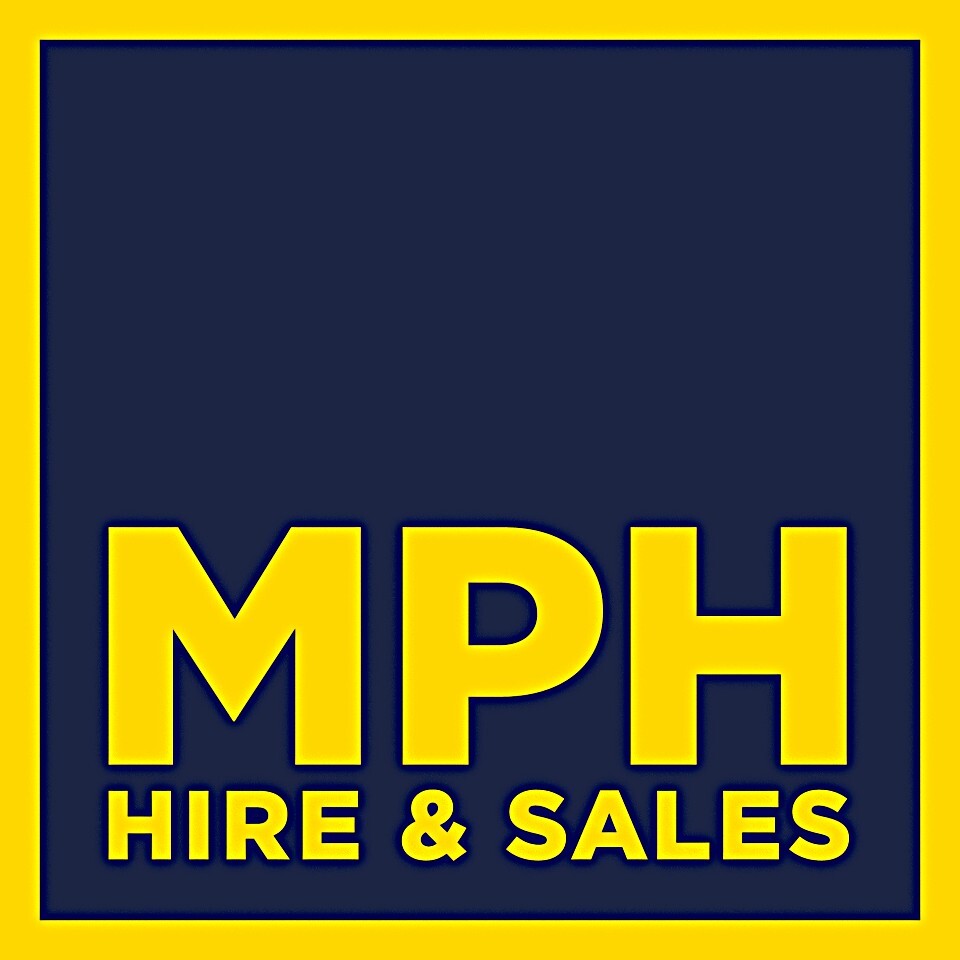Every year, activities involving the movement of skips and containers cause death and serious injury so if you take out skip loader hire you should be aware that the dangers include:
- being struck by vehicles;
- falling and slipping;
- failures of lifting equipment;
- striking overhead cables/obstructions;
- vehicle overturns;
- runaway vehicles.
The HSE has a published checklist covering a few of the key things you can do to protect yourself and others if you are responsible for operating the skip loader hire.
This is not a full list. You may need to make other checks depending on the vehicle you drive and the places you work in. If in doubt, you may need to refer to the skip loader manual, or you may need to ask your employer or skip loader hire provider for extra advice.
DAILY CHECKS BEFORE STARTING
Each day, check your vehicle and lifting equipment and report any faults. Check the following work properly and are not damaged:
- brakes;
- tyres;
- lights;
- steering;
- seatbelts;
- wheel chocks (if needed);
- lifting equipment – controls, hooks, chains, hoses etc;
- audible reversing alarm (where fitted);
- vision aids – mirrors and CCTV cameras (where fitted).
BEFORE SETTING OFF
- Check your in-cab information about any special precautions for the drop/pick-up. Sites should tell the skip company about these beforehand, and agree precautions.
- Prevent contact with overhead cables/obstructions. Know your clearance height. Ensure lifting arms are fully lowered.
- Ensure any load/skip is secure and chains are correctly stowed.
- Check you have your safety gear (PPE), especially high-visibility clothing and boots.
BE A SAFE WORKER
On entering the site you should:
- Know exactly where to go, and what needs to be done – you will probably need to talk to someone on site.
- Obey all rules – signs, one-way systems etc.
- Be aware of pedestrians at all times.
- Wear your safety gear (PPE). High-visibility clothing is essential. You are likely to need safety boots and may need other gear such as a hard hat or safety glasses, depending on site rules.
MANEOUVRE SAFELY
- Minimise reversing – both the amount you do and the distances you travel.
- Make sure your reversing area is clear.
- Use your reversing aids – cameras, mirrors and alarms.
- Where banksmen (signallers) are used, you must be clear about what their signals mean and obey them.
Look out for banksmen, as they are at great risk from your reversing vehicle. If you can’t see your banksman at any time when moving – stop! - Some sites have made arrangements to eliminate the need for banksmen because of the risks they face. You should make sure you know what these arrangements are.
EXIT YOUR CAB PROPERLY
- Jumping out can cause broken limbs and twisted ankles: it could also put you into the path of another vehicle.
- Boots with good ankle support help prevent twisted ankles.
KEEP CLOSE TO YOUR VEHICLE
-
- Don’t risk being run over by other vehicles. (Note: at some sites you may be instructed to keep away from the entire area during the loading of your container).
- Ensure no pedestrians are nearby during reversing and loading/unloading operations.
DROPPING OFF AND PICKING UP
- Prevent ‘runaway’ skip loader incidents:
- Park on good ground – avoid sloping, uneven or soft ground.
- Apply the handbrake.
- Use chocks where necessary on slopes.
- Use stabilisers – keep braked rear wheels on the ground when on slopes. If the vehicle does not have all-wheel braking, flat plates should be fitted to the stabiliser legs.
- Avoid trapping between the skip and vehicles/walls. Keep a good, clear space all round.
- Sheet/unsheet safely – do it from ground level wherever possible. Use autosheeters or gantries/harnesses where provided. Avoid climbing on the vehicle.
- Check before moving the skip to make sure that: hooks, chains, lugs, bars etc are fully engaged; chains are not twisted or knotted. They should not snag during load movement;
- skip floors/panels/hinges/chains/lugs, tipping bar etc are in good condition;
- doors (where fitted) are in good condition with proper locks;
- the load is not overweight.
REMEMBER
- Skip movements can kill!
- Protect yourself, your workmates and the public.
- Monitor the work area at all times!
- If the drop/pick-up seems unsafe, don’t do it!
CHOOSING THE RIGHT SKIP LOADER HIRE
According to Enfield based Mr Plant Hire, the most popular skip loaders for hire in London are one ton high lift dumpers, like the Thwaites HD1000 and Terex, because they are 4wheel drive and automatic.
Click here to see the full range of excavator and dumper hire for London available from Mr Plant Hire.
